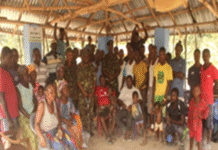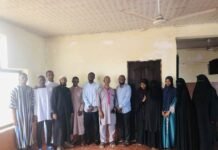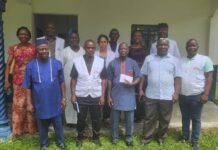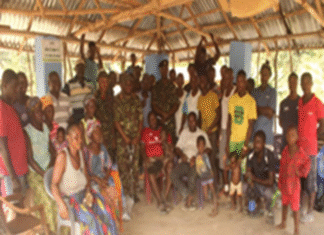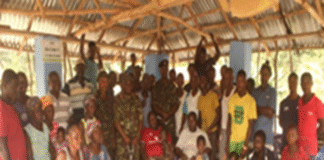By: Sallieu Kabba
In Sierra Leone today, it is so challenging to carry a wallet and money with only one back pocket. In most countries that I have visited, people use wallets to store bank cards, club cards or passport-sized photos of their loved ones. The cards serve as their digital cash in their wallet. In Sierra Leone, it is a different case because the cash we hold is not digitized and the notes we have are too many to be held in a wallet. So we rather carry our wallets to put in business cards or important receipts whilst we put the money in another pocket. So the need for a second back pocket.
Fridays are also busy days for banks as they are crowded with customers going to withdraw money for the weekend. Banks are mostly not opened on Saturdays and hence most people would need to carry cash for their weekend activities. This is because our economy is heavily cash-based which is creating so many challenges for our economy. Let me throw light on a few that come to mind.
Firstly, the use of cash for every financial activity causes wear and tear to the notes. This is why even the banks that have ATMs are faced with the challenge of providing better services as these ATMs get jammed frequently during the dispensing of cash. Also, the cost of printing new notes frequently is very costly.
Secondly, the devaluation of the Leone has resulted in people carrying a lot of money to perform basic financial transactions. Carrying huge amounts of cash is very inconvenient and can attract thieves, so most people will prefer to convert their money into foreign currency for ease of carrying in their wallets or storage in safe places.
Thirdly, with a heavily cash-based economy, banks find it very difficult to mobilize deposits from SMEs, middle income and low-income earners. Even though most business entities use the banks to pay their staff salaries, most of these monies are withdrawn within a day or a week, most often than not in a single transaction. We also see these businesses withdraw huge sums of money to pay for goods and services in cash.
Fourthly, rural areas are the most impacted when it comes to financial inclusion. There are fewer financial access points (Banks or Mobile Money Agents). After a business day or payday, all monies are kept under their mattresses.
It is obvious that we need to invest in digital financial technology. The introduction of digital financial services is more than ripe for our current society as it would help us ease commerce and drive economic growth. Sierra Leone is now a hotbed for innovation on digital financial services.
To our regulators, I would like to implore you to work with all the financial service providers to get more insight into what they want to achieve and together move the solutions forward.
To our mobile network operators, I crave your indulgence to open up space for USSD to provide access for other financial services providers to reach the last mile with digital financial services.
Finally, to the government, the cost of technology hardware is still very high and also the internet is now much more stable but the cost is still very high. A further reduction in the charges or tariffs on technology-related services or equipment. Let us all put our shoulders to the wheel to drive this process faster and make life easier and help grow our economy.

